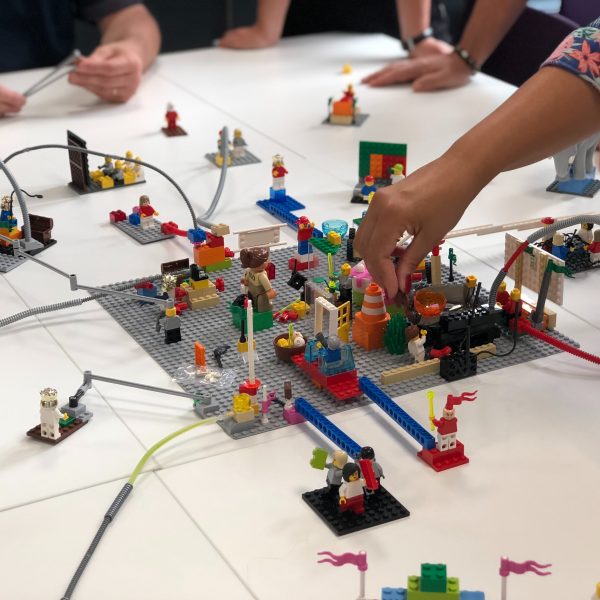Bangladeshi study underscores the importance of play in early childhood development

A two-year study conducted by researchers at the University of Cambridge and Columbia University in partnership with local Bangladeshi researchers has demonstrated the important role that play in early childhood has in narrowing the learning gap and achieving equitable education, especially for the most vulnerable children.
The research was conducted within BRAC Institute of Educational Development (BRAC IED) Play Labs.
BRAC IED is a non-profit organisation with the mission to empower people and communities in situations of poverty, illiteracy, and social injustice. BRAC’s Play Labs are safe spaces where children can engage in playful learning activities. The play-based curriculum is culturally relevant and contextualised.
The Play Labs foster a sense of belonging and promote children’s cognitive, language, physical, and social-emotional development.
Within the research period, researchers assessed the impact of the Play Labs for 367 children, aged between three and five years in low-resource settings.
Results
The study revealed that play-based learning in early childhood ensured that, when starting formal schooling, all children were developmentally equipped to benefit from primary education.
Additional analysis showed that the gap between the children who were initially performing much lower than their peers and those performing most highly quickly narrowed. At the end of two years of play based learning there was only a small gap between the cohorts, clearly indicating that the Play Labs were able to level the playing field, as it were.
This, the researchers said, is vital to ensuring that all children enter primary school with the skills needed to succeed.
While the study focused on Bangladesh, Play Labs are now being set up and scaled in Tanzania, Uganda, and Sierra Leone. Additionally, a newly released Play Lab PlayBook provides essential resources and tools to equip partners and practitioners to adopt and scale the play-based approach.
To access the research in full please see here.
Popular

Practice
Provider
Quality
Research
Workforce
New activity booklet supports everyday conversations to keep children safe
2025-07-10 09:00:16
by Fiona Alston

Quality
Practice
Provider
Workforce
Reclaiming Joy: Why connection, curiosity and care still matter in early childhood education
2025-07-09 10:00:07
by Fiona Alston

Policy
Practice
Provider
Quality
Research
Workforce
Beyond the headlines: celebrating educators and the power of positive relationships in early learning
2025-07-07 10:00:24
by Fiona Alston













